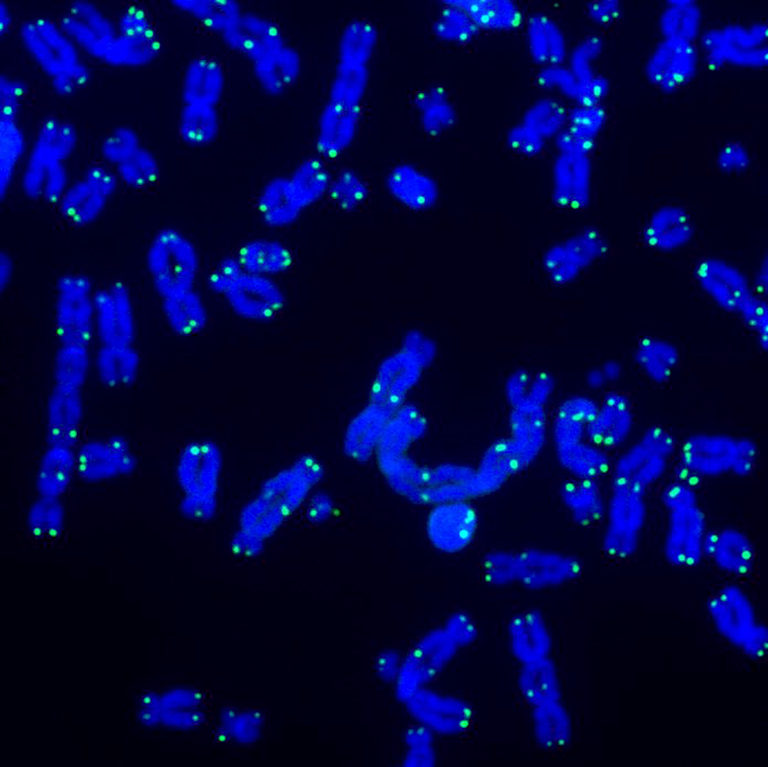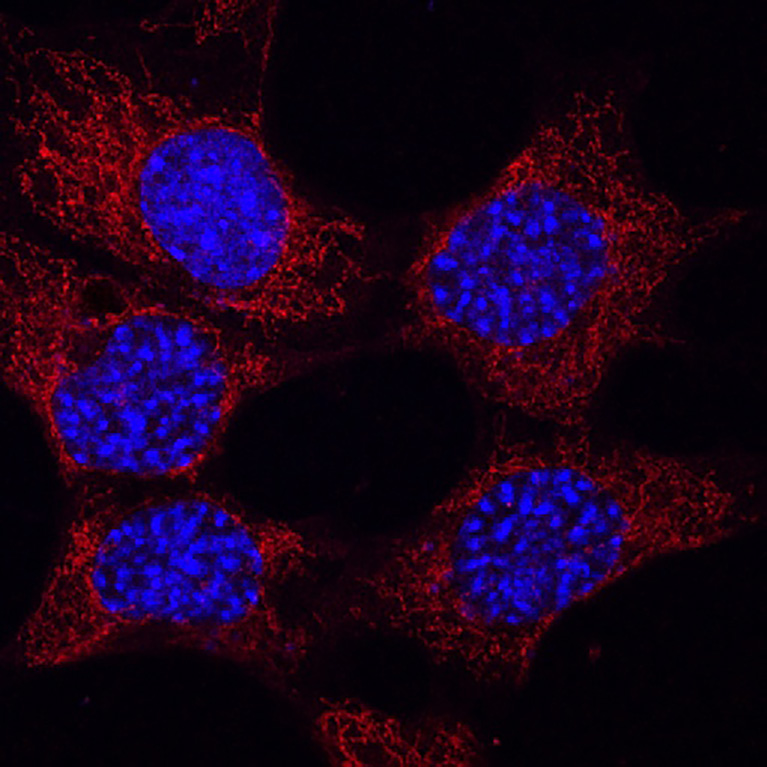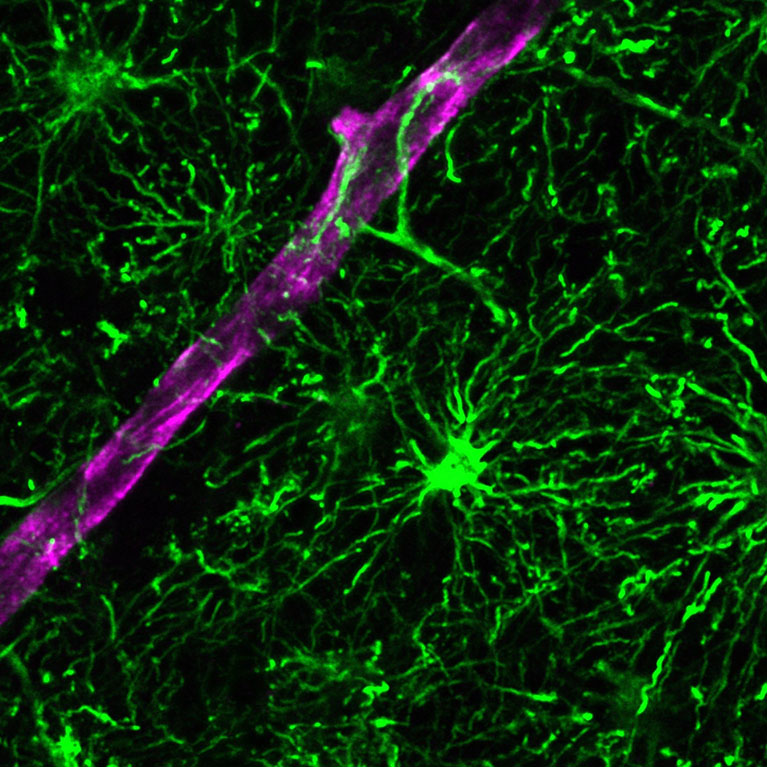Salk Healthy Aging
Embracing Complexity for Healthy Aging
People are living longer but not necessarily healthier. Aging is the biggest risk factor for most diseases and overall decline. In 2019, 83% of Americans aged 60-79 were taking prescription drugs for heart disease, high blood pressure, and diabetes. There's an urgent need to understand the diverse biological factors of aging to find personalized interventions that extend our healthy years, or health span.
Traditional research has been limited by a narrow focus within individual disciplines, treating aging-related conditions separately and overlooking the unique aging experiences of individuals. At Salk, experts in the hallmarks of aging—such as genome instability, mitochondrial dysfunction, and inflammation—collaborate to understand how these factors interact, moving beyond the typical siloed approach. This integrated research aims to unlock the secrets to healthy aging for everyone.
There are many Salk labs focused on healthy aging, but here are a few that are leading the charge.






Sign up for our newsletter to receive:
- The latest discoveries from Salk
- Updates on our scientists and programs
- Invitations to special events
- And much more!
Don't miss out on the exciting developments at Salk – join our community today!
Recent news articles about Healthy Aging

Unveiling Telo-seq: A breakthrough in telomere research on aging and cancer
The Karlseder lab debut a method for determining the length and sequence of telomeres on individual chromosomes, revealing new insights into their dynamics in health and disease
Read Article
Protecting brain cells with cannabinol
Scientists from the Maher lab observe cannabinol's neuroprotective properties in fruit flys and identify cannabinol analogs that could serve as promising future therapeutics for traumatic brain injury, Alzheimer's, and Parkinson's
Read Article
More than just neurons: A new model for studying human brain inflammation
Salk scientists in the Gage lab create human brain organoid model with abundant astrocytes to study stress and inflammation in neurological diseases like Alzheimer’s
Read Article